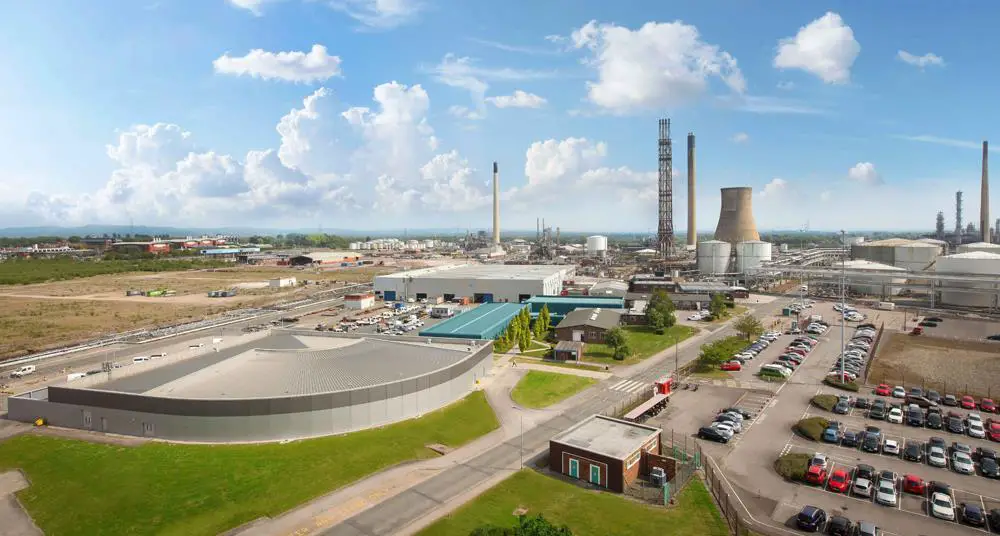The commencement of construction on the International Fusion Materials Irradiation Facility-Demo Oriented Neutron Source (IFMIF-DONES) project in Granada, Spain, marks a significant milestone. This essential facility will play a pivotal role in examining materials intended for future fusion power reactors.
In the context of fusion energy, the process of deuterium-tritium fusion reactions, as planned for the International Thermonuclear Experimental Reactor (ITER) and subsequent Demonstration Power Plants (DEMOs), results in the deterioration of materials due to transmutation. Ensuring the suitability of materials for DEMOs necessitates the replication of fusion conditions for materials testing. This is where neutron sources become instrumental.
Also read: €1,800 Billion Funding Initiates Construction on 2nd Bushehr Nuclear Reactor
The IFMIF-DONES project aims to replicate DEMO-like conditions for potential structural materials. Employing a particle accelerator, IFMIF-DONES will generate a continuous-wave deuteron (D+) beam directed at a target composed of a liquid lithium curtain. The interaction between deuterium and lithium will produce free neutrons, simulating the projected neutron flux and duration expected in Europe’s DEMO. The high-flux test module, situated behind the lithium target, will house capsules containing material samples for neutron irradiance testing.
One of the primary functions of the IFMIF-DONES facility will be the assessment of EUROFER, the reduced activation steel alloy designated for use as DEMO’s first-wall structural material, as emphasized by IFMIF-DONES Director Angel Ibarra. “Conducting these experiments in a fusion-like environment is vital to validate this material for Europe’s DEMO. We will assess numerous samples of EUROFER and EUROFER-like alloys under varying conditions of neutron and heat flux to comprehensively understand their mechanical properties.”
The IFMIF-DONES initiative represents the culmination of over a decade of preparatory work under the IFMIF-EVEDA (Engineering Design & Engineering Validation Activities) project, a collaborative effort between Europe and Japan aimed at complementing the ITER Project and advancing overall fusion development.
Spain, along with Croatia, is leading the IFMIF-DONES project. Spain is providing 50% of construction costs and 10% of operating costs, while Croatia is responsible for 5% of each.
The construction phase of the IFMIF-DONES facility is projected to span approximately 10 years, followed by a scientific and technological utilization period lasting at least 30 years. Once operational, it will establish a crucial database of fusion-like neutron irradiation effects on materials necessary for DEMOs, serving as a reference for material radiation response.
Spain’s acting Prime Minister, Pedro Sánchez, highlighted the substantial opportunities stemming from hosting the IFMIF-DONES particle accelerator. He underscored that the project’s development would generate significant revenue exceeding €6 billion and create approximately 54,000 jobs annually in Spain. The construction of IFMIF-DONES is a fundamental element of the European Roadmap for obtaining electricity from fusion energy, underscoring its pivotal role in the quest for sustainable and highly productive energy sources.


I am sure the new innovation in fusion thereby creating new material
will bring changes in day today life.